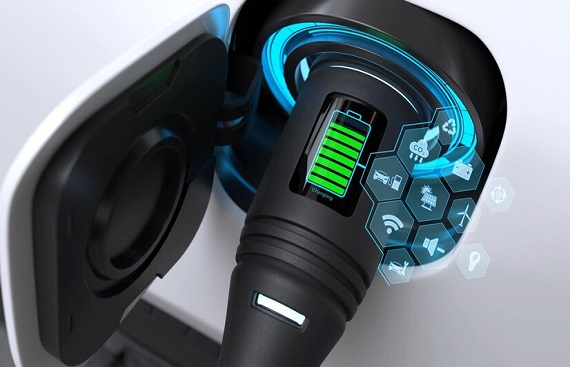Battery-Tech Startup Cancrie Develops Nanocarbon Technology to Boost Battery Efficiency

Cancrie, battery technology startup has developed an in-house nanocarbon technology to enhance battery performance across various chemistries.
Currently, Cancrie produces around 50 kg of its nanocarbon compound per month and is looking to increase its production capacity tenfold. After years of trials, failures, and pivots, the company has begun selling its carbon powder to customers. Initially, Jain envisioned using nanocarbons for water treatment, but the company later shifted focus to battery applications.
At the time of Cancrie’s inception, lithium-ion cell manufacturing had not started in India, and the market for locally assembled batteries remained dependent on imported cells. Even today, Jain says, India’s lithium-ion battery market is still in its early stages.
Cancrie, founded in 2020 by Akshay Jain and Mahi Singh, has developed an in-house technology to produce nanocarbons for batteries with various cell chemistries. The startup claims that batteries incorporating its nanocarbon material have a 25% to 30% longer lifecycle compared to conventional batteries.
So far, Cancrie has sold 50,000 batteries enhanced with its nanocarbon technology. The startup currently supplies five lead-acid battery manufacturers, with its biggest application (around 70%) in electric rickshaws, a sector where lead-acid batteries are still widely used. Its material is also deployed in solar power and UPS systems.
According to the founders, Cancrie’s nanocarbon technology improves battery efficiency by minimizing current loss as heat, thereby extending battery life and reducing electricity consumption during charging. In lithium-ion hybrid batteries, Cancrie has successfully replaced nearly 80% of the cathode material, enhancing both energy and power density.

